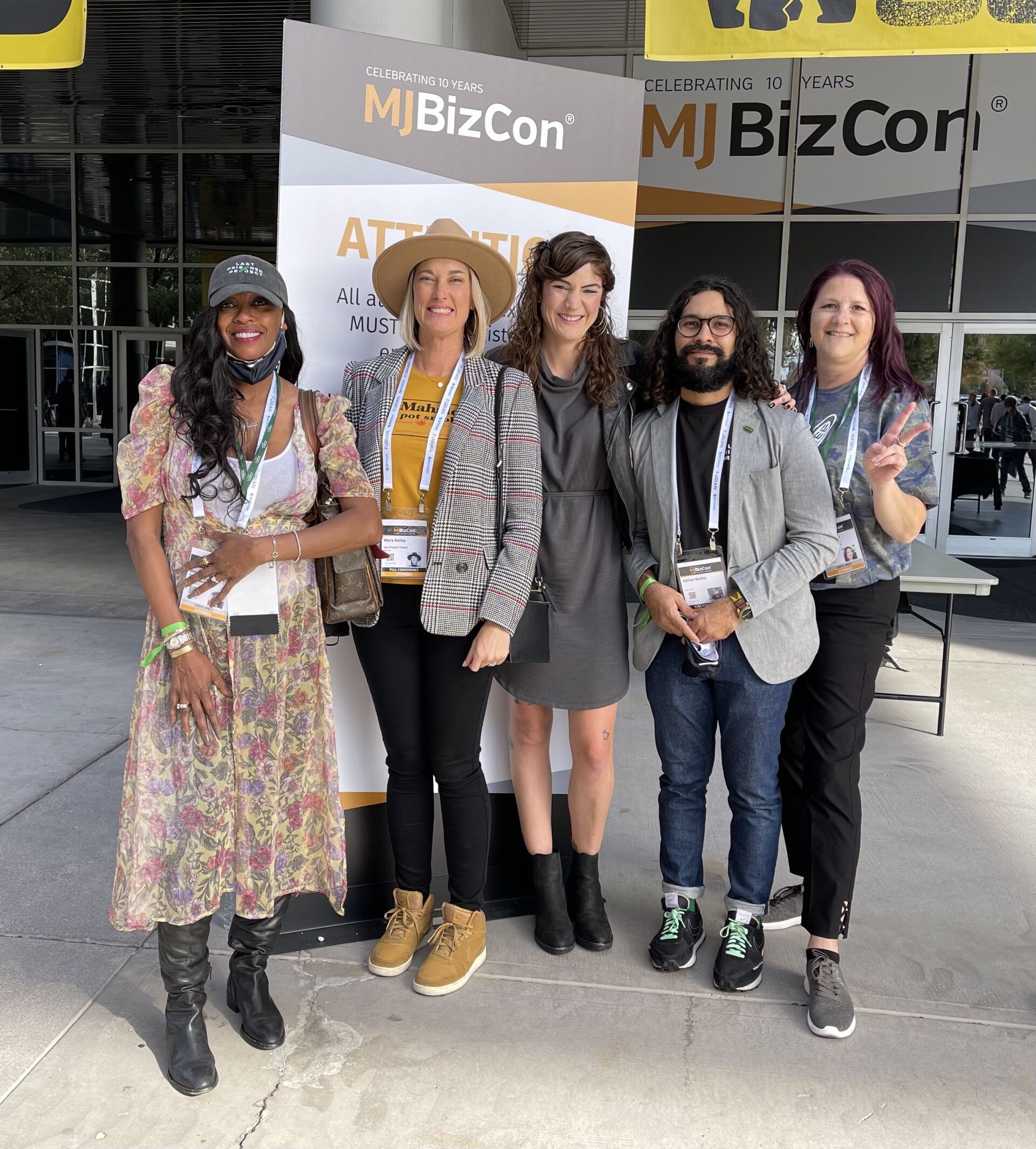LPP’s Policy Team Is Working to Pass Laws That Reduce The Harms Of Prohibition Policies

Numbers are hard to avoid when talking about cannabis in the United States: 36 states have adopted medical use; 13 states have decriminalized at least simple possession; and 18 states plus the District of Columbia, the Northern Mariana Islands, and Guam support adult-use marijuana. That means only about a dozen states have yet to at least begin moving away from prohibition policies.
The numbers become dizzying when talking about the cannabis industry. Despite marijuana’s classification at the federal level as a Schedule I drug (the same as heroin) and being a young industry, the burgeoning cannabis market has already accounted for at least $25 billion in total revenue, with some projections expecting that number to grow to at least $40 billion by 2025.
And let’s not forget the names either. The cannabis industry has attracted figures of all political stripes and walks of life, including former Republican Speaker of the House John Boehner, former Democratic Senate Majority Leader Tom Daschle, and mainstream companies like Constellation Brands (which owns Corona Beer), Amerigas, and Amazon.
It’s hard to deny the progress we’ve made since Nixon first waged his War on Drugs. But it is also incumbent upon us to remember that progress is not perfection, and those very communities targeted by the War on Drugs, predominately Black, brown, indigenous, and people of color, have largely been left out and left behind from the industry by figures above.
The criminalization of cannabis casts a long shadow and the harms caused by federal and state governments’ enforcement of draconian laws have left an indelible mark on communities across the country, especially communities of color. Even in states with adult-use cannabis, it can be easier to locate market reports touting profits and market growth than the number of individuals still under state supervision for cannabis or suffering from the collateral consequences of having a criminal record for activity that is now legal. And while names like John Boehner may garner headlines, it’s in the names of our constituents that we do this work--names like Humberto Ramirez who, just after New Jersey residents voted to legalize adult-use cannabis, was sentenced to 7 years in state prison for transporting 6 pounds of marijuana. (Make your voice heard by signing our New Jersey Clemency petition here.)
At the Last Prisoner Project, we believe the War on Drugs is not over when cannabis is legalized, but rather when the last cannabis prisoner is set free. That’s why as state legislatures kick off their sessions this month, LPP’s policy team will be informing legislation across the country that aims to 1) release individuals currently under state supervision for cannabis and 2) automatically remove cannabis records from individuals’ criminal histories.
It is not enough for states to tout the industry potential of cannabis when they choose to legalize, without also recognizing and making recompense for the hundreds of thousands of individuals whose lives have been permanently altered by the enforcement of past prohibition policies. Simply put, justice is not achieved merely in the doing of legalization, but in the undoing of the harms caused by the criminalization of cannabis.
Follow LPP on social media platforms to learn more about our policy team’s work. You can read about our state policy priorities
here.






